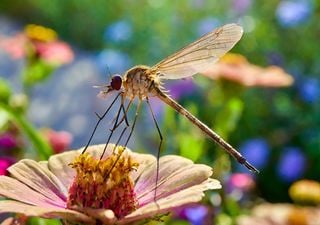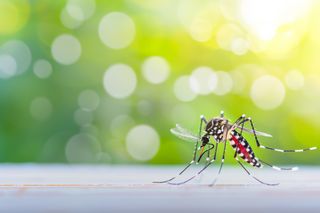Bee propolis extract shows antiviral action against zika, chikungunya and mayaro
A study by the Butantan Institute showed that purified propolis extract has significant antiviral action against the Zika, Chikungunya and Mayaro viruses. See more details here.
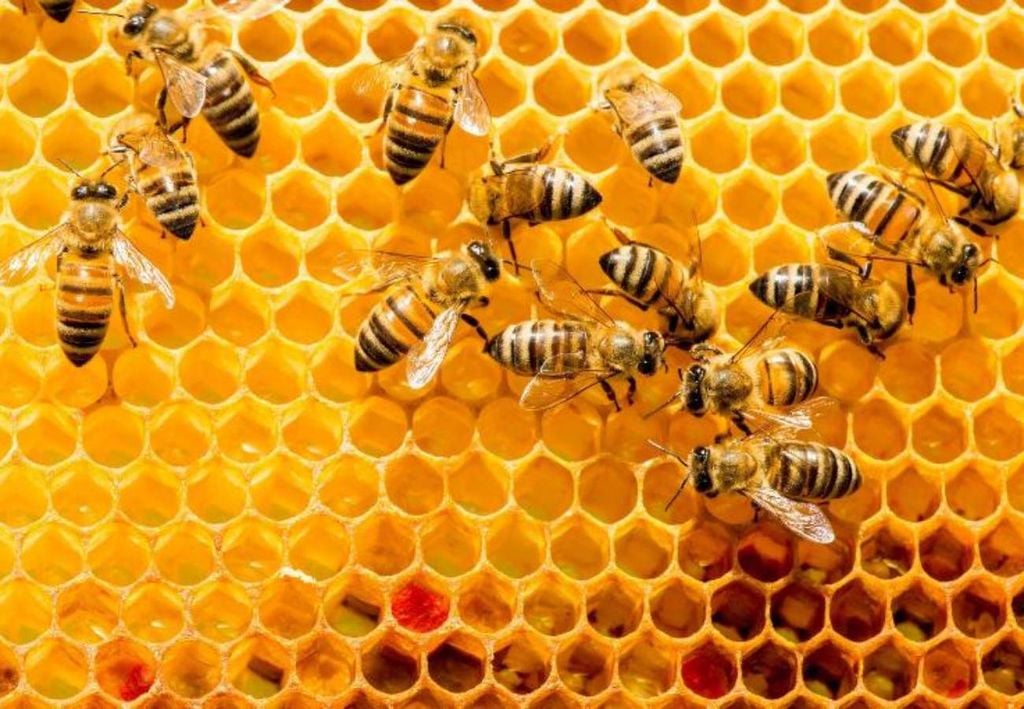
Propolis extract is a natural product obtained from the propolis produced by bees, and can provide several health benefits due to its antimicrobial, antioxidant and anti-inflammatory properties. Previous studies have already identified the benefits of this compound, for example, one that showed that it has intense activity against the herpes, influenza and rubella viruses.
Now, researchers from the Butantan Institution, in São Paulo, proved in a study published in the journal Scientific Report that propolis extract is also capable of combating the replication of the zika, chikungunya and mayaro viruses.
Arboviruses
These three pathogens are viruses transmitted by mosquito bites that circulate in Brazil and cause infectious diseases (arboviruses). The main vectors of these arboviruses are mosquitoes, particularly those of the genera Aedes, Culex and Anopheles. To date, there is no antiviral vaccine to treat these infections.
The etiological agent of chikungunya is transmitted by the bite of infected females of the Aedes genus. The main clinical features of the infection are edema and disabling joint pain. Zika virus infection can be asymptomatic or symptomatic, in the latter case it can range from mild, self-limited manifestations to neurological complications and congenital malformations. All sexes and age groups are equally susceptible, but pregnant women and people over 60 are at greater risk of developing complications from the disease.
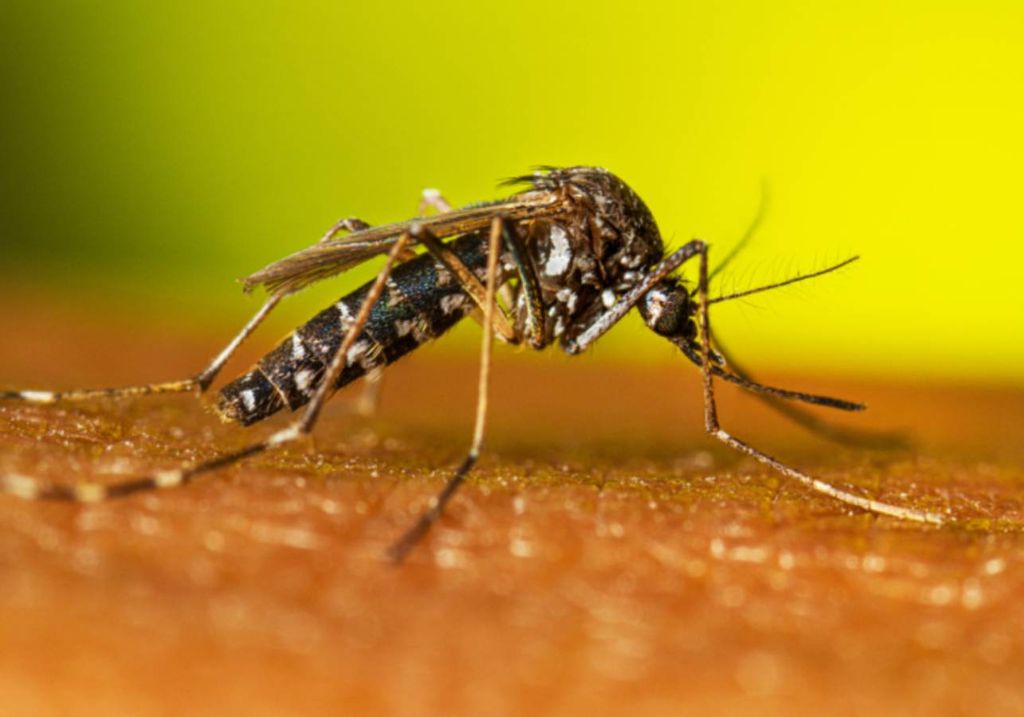
The Mayaro virus is an arbovirus transmitted by wild mosquitoes, mainly Haemagogus janthinomys, the same vector as yellow fever, and can cause Mayaro fever. It can be confused with dengue, chikungunya and yellow fever, as the symptoms are similar. It is considered endemic to the Amazon region, in forested and rural areas.
Propolis extract acts against arboviruses
For the study, the researchers used propolis produced by native stingless bees Scaptotrigona aff postica, from a colony in the Barra do Corda region, in Maranhão.
The propolis was obtained by scraping the beekeeping box, forming a type of paste. This material was transported and frozen at -20°C, forming a frozen propolis stone. This stone was processed until it was transformed into a very fine compound, becoming a powder.
Then, the researchers added ultra-purified water to the powder and the substance was centrifuged to separate the wax from the liquid. The supernatant (the liquid phase that remains on top) was filtered, resulting in the final product (propolis extract) that was considered 100% purified.
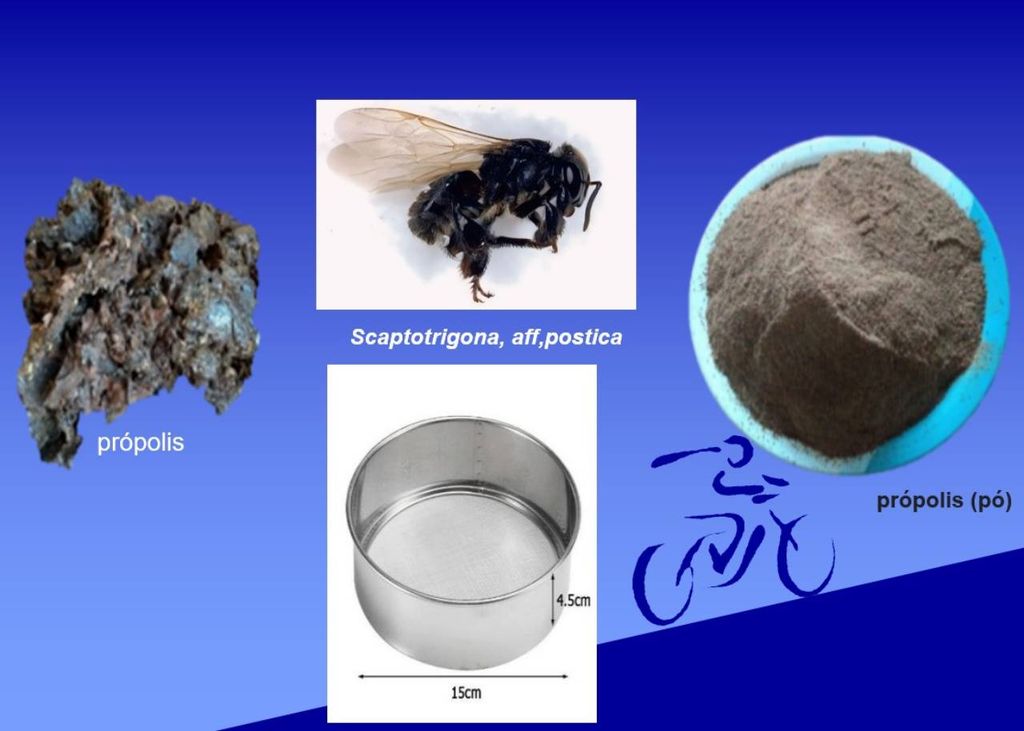
The researchers then infected VERO cells (a lineage originating from monkey kidneys, widely used in this type of study) with the viruses to determine the antiviral action of the extract. A serial dilution was performed, i.e., the amount of extract was reduced to see how much would prevent the viruses from multiplying.
The growth and morphology of these cells were then monitored. It was observed that the propolis extract promoted a 16-fold reduction in the viral load of Zika and a 32-fold reduction in the load of Mayaro virus. In the case of chikungunya, the reduction was even more significant, 512-fold.
But one detail: it is important to highlight that the propolis in the study is different from the commercial propolis found in pharmacies. The product sold to consumers is an alcoholic extract that mixes all the components of propolis and, in most cases, usually comes from the species Apis mellifera (European honeybee).
Reference of the news.
Antiviral action of aqueous extracts of propolis from Scaptotrigona aff. postica (Hymenoptera; Apidae) against Zica, Chikungunya, and Mayaro virus. 3 July 2024. Mendonça, R. Z. et al.
“Extrato de própolis mostra ação antiviral contra zika, chikungunya e mayaro”. 4 November 2024. Agência Fapesp.





